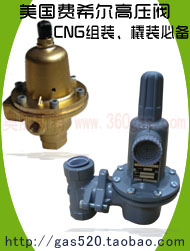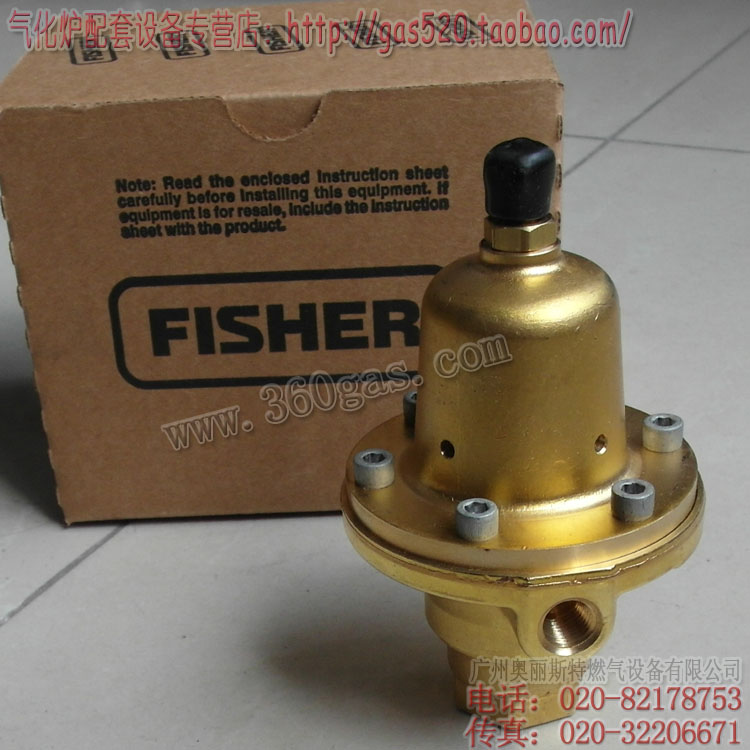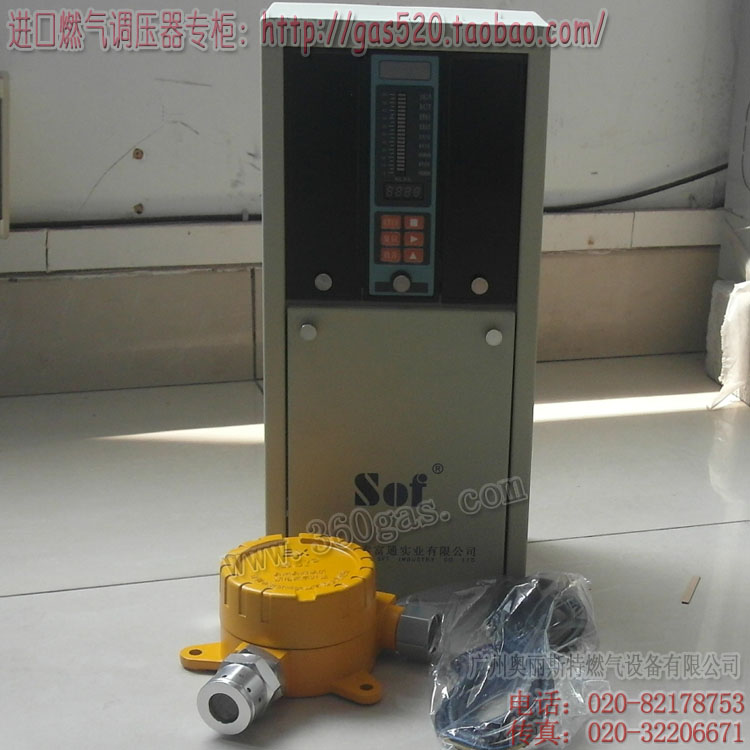位置:首页 > 燃气资讯 > Thai CNG Bus Exper
Thai CNG Bus Expertise will be at ANGVA 2013
浏览次数 794 , 日期 2013-11-28 , 燃气设备 加入收藏
ANGVA 2013 will start next week in New Delhi, running from 27-29 November. As a precursor to the event, conference organiser Bangkok Exhibition Services Ltd has conducted an exclusive interview with Mr. Visait Hansaward, Deputy Managing Director, Kittisoontorn Co Ltd, Bangkok, who is speaking on ‘Results and challenges of operating 400 CNG buses in Bangkok’ on Day 2 of the Conference. Kittisoontorn is a public transportation bus company servicing Bangkok and Pathumthani to the north.
Please tell me about your business activity i.e. type of buses, how many, daily usage.
Our company has 20 routes of city bus running in Bangkok and Pathumthani. The types of buses depend on the route where we apply the size of the bus to the population. We have many sizes like 6 metres, 10 metres and 12 metres in length including air conditioned, non-air conditioned and small buses. Now we have around 400 buses and the daily usage is about 300-320 buses.
When did you first become involved in the CNG business?
We became involved in CNG business in 2006 because the diesel price became very high. The bus companies that use diesel can’t sustain their business. We decided to change to CNG because the cost is lower than a half. We have our own buses already so, we convert diesel engine to CNG engine 100%. This is the best way for us.
How has the attitude to the industry changed since your first involvement in CNG?
Firstly, we think about safety, for the people and the engine. Secondly, in the long-run the costs of maintenance and spare parts are not expensive. It is al;ready y years since we changed to CNG. We have not had any accident with the CNG tank at all. If you select the right technology, manage the right people, it would be safe and stable. The best part is that we can control costs. We can eliminate fuel theft. There were some drivers stealing oil in the past.
What are the benefits of running your fleet of buses on CNG?
Low cost of fuel. The lower cost of fuel can bring up our business to have more profit and less pollution (no smoke).
Do you have plans to expand further in the business? If yes, will it all be based on CNG technologies?
Yes, we have the plan to expand in the future but we have planned in a profitable way in some route. And we use CNG for sure because LPG is not appropriate for the heavy duty vehicles and diesel is not the choice.
What experiences can you share with other bus operators, wishing to convert to CNG?
For the bus operators, they would have to compare the fuel cost in their countries. They must compare CNG to diesel price (multiply by 1.3-1.4), if they use 1 litre of diesel they have to use 1.3-1.4 kg. of CNG depending on the driver. And they have to select the right technology for their bus and their countries.
How do you think the CNG landscape will develop in Thailand over the coming years?
For the bus business in Thailand, city buses all use CNG because the cost of diesel is expensive. For the intercity buses or trucks which have to run the long distance along the country it is a little bit inconvenient to use CNG because the tank of gas is not enough and there are not many CNG stations in the other provinces.
If Thailand has more CNG stations in every province it would be great for the intercity buses and trucks. I believe that if there are more CNG stations nationwide, many people will turn to CNG.
Please tell me about your business activity i.e. type of buses, how many, daily usage.
Our company has 20 routes of city bus running in Bangkok and Pathumthani. The types of buses depend on the route where we apply the size of the bus to the population. We have many sizes like 6 metres, 10 metres and 12 metres in length including air conditioned, non-air conditioned and small buses. Now we have around 400 buses and the daily usage is about 300-320 buses.
When did you first become involved in the CNG business?
We became involved in CNG business in 2006 because the diesel price became very high. The bus companies that use diesel can’t sustain their business. We decided to change to CNG because the cost is lower than a half. We have our own buses already so, we convert diesel engine to CNG engine 100%. This is the best way for us.
How has the attitude to the industry changed since your first involvement in CNG?
Firstly, we think about safety, for the people and the engine. Secondly, in the long-run the costs of maintenance and spare parts are not expensive. It is al;ready y years since we changed to CNG. We have not had any accident with the CNG tank at all. If you select the right technology, manage the right people, it would be safe and stable. The best part is that we can control costs. We can eliminate fuel theft. There were some drivers stealing oil in the past.
What are the benefits of running your fleet of buses on CNG?
Low cost of fuel. The lower cost of fuel can bring up our business to have more profit and less pollution (no smoke).
Do you have plans to expand further in the business? If yes, will it all be based on CNG technologies?
Yes, we have the plan to expand in the future but we have planned in a profitable way in some route. And we use CNG for sure because LPG is not appropriate for the heavy duty vehicles and diesel is not the choice.
What experiences can you share with other bus operators, wishing to convert to CNG?
For the bus operators, they would have to compare the fuel cost in their countries. They must compare CNG to diesel price (multiply by 1.3-1.4), if they use 1 litre of diesel they have to use 1.3-1.4 kg. of CNG depending on the driver. And they have to select the right technology for their bus and their countries.
How do you think the CNG landscape will develop in Thailand over the coming years?
For the bus business in Thailand, city buses all use CNG because the cost of diesel is expensive. For the intercity buses or trucks which have to run the long distance along the country it is a little bit inconvenient to use CNG because the tank of gas is not enough and there are not many CNG stations in the other provinces.
If Thailand has more CNG stations in every province it would be great for the intercity buses and trucks. I believe that if there are more CNG stations nationwide, many people will turn to CNG.








